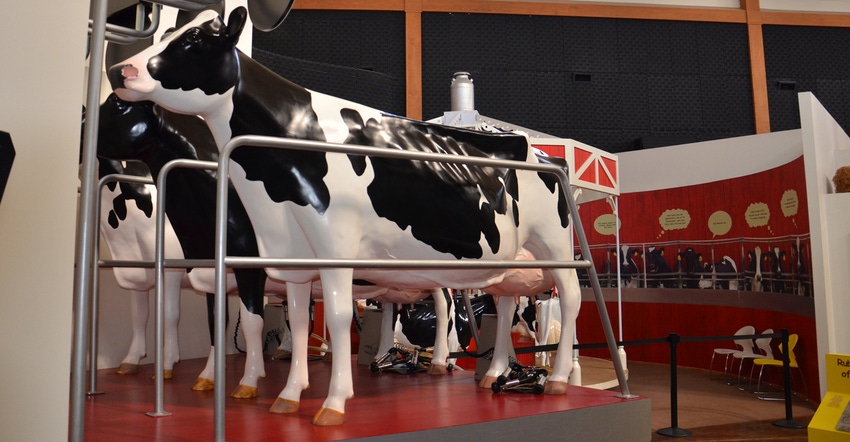
Our son’s wife wants to develop an agritourism business on the farm. We’re close enough to a large population to make it work. Our son farms with us, and we have a 100-cow beef herd. Should we let it be her business and pay us rent? What seems most fair?
Panelists answering this question include: David Erickson, farmer, Altona, Ill.; Mark Evans, Purdue Extension educator, Putnam County, Ind.; Steve Myers, farm manager, Busey Ag Resources, Leroy, Ill.; and Chris Parker, livestock and forage producer, Morgan County, Ind.
Erickson: It makes sense to me to begin by letting your daughter-in-law develop a business plan to see how this new venture might fit in with what you do today. Developing a separate agritourism business could be done if her plans have merit and will lead to a separate yet integrated option for business growth. A separate business structure could be advantageous to limit liability exposure and reduce asset loss in case of a bad experience. Consider how involved you and your wife want to be in this new business, and make plans accordingly.
Evans: Consult with your legal counsel and insurance agent. It would most likely make sense to form a limited liability company for this separate business if you go at it as a family business. Although this may not make any difference in terms of insurance scenarios, it may matter for liability and tax purposes. It would seem to be the cleanest and best option for developing a business plan to let it be her business and have a rental fee paid by the LLC, assuming you go that route and set one up.
Myers: I would suggest that if it’s her idea and she wants to do the work, then it should be her business. If it is a business, it should be treated as a business by all participants. That includes appropriate contributions from this new enterprise to the basic business, like compensation or equitable rent. Certainly as with any new business, she could benefit from help on the startup end, and from the voices of experience. This would likely include support from family members, such as you and your wife.
Parker: I would set it up as a separate business, possibly an LLC, such that the whole farm is not at risk in case something were to go drastically astray. As such, this separate business entity should pay some sort of rent to the overall enterprise and carry its own liability policy and other insurance policies, as well.
Summing up: The panelists are in agreement that if your daughter-in-law wants to pursue this, it should likely be set up as a separate business from the primary farm operation. This is important in case an accident happening through the agritourism venture results in a major financial catastrophe. Liability insurance is a sticky wicket, so you may want to ask plenty of questions of your insurance agent before committing to go forward with this business. You want to make sure that even if the agritourism venture is a separate entity, say an LLC or other formal business type, if an accident were to occur, the farm operation would not be affected as well.
On the positive side, many families are already making these types of ventures work successfully, and it’s a great way to spread a positive message about agriculture. Most are willing to share their experience. Seek out someone already in this business for advice about the details of making this type of venture work.

About the Author(s)
You May Also Like




